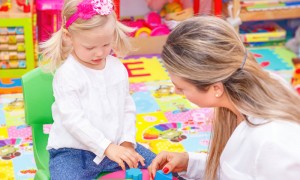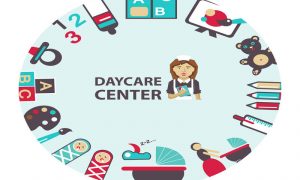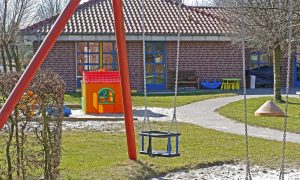Misdiagnosis – a medical error that leads to no treatment or simply incorrect treatment. How does this impact kids-especially little-gifted ones? In today’s fast-paced world, parents have no patience, or time to read, understand and educate themselves on facts that could change a kid’s life forever. Everyone looks for quick fixes, whether it’s home, workplace, or their own child. If a kid tends to have a restless personality, a general mentality would be to get a quick fix by dropping into physician’s office; taking the diagnosis at face value, and starting the kid on medication. No one today has time to dwell in depth on the causes of certain behaviors, leave alone giving much thought to the side effects of medication given to kids.
ADD/ADHD
Attention Deficit Disorder (ADD), and Attention Deficit/Hyperactivity Disorder (ADHD) are medical terms that are often used interchangeably, although the current correct medical terminology is ADHD or Attention Deficit/Hyperactivity Disorder. ADHD- a highly genetic, brain-based syndrome has to do with the regulation of a particular set of brain functions and related behaviors. “These brain operations are collectively referred to as “executive functioning skills” and include important functions such as attention, concentration, memory, motivation, and effort, learning from mistakes, impulsivity, hyperactivity, organization, and social skills”(Attention Deficient Disorder Association [ADDA],n.d).
Characteristics of gifted kids are frightfully similar. High degrees of intensity, sensitivity, and overexcitability are characteristics that most gifted children have in common. “They may love movement for its own sake and show a surplus of energy exhibited by rapid speech, wild enthusiasm, intense physical activity, and a need for action. This behavior can be misdiagnosed as ADD/ADHD” (Carlstrom,2011,para.5).
More information on possible problems that may be associated with characteristic strengths of gifted children, can be found in article “Misdiagnosis and Dual Diagnosis of Gifted Children” (J.Webb, Amend, N.Webb, Goerss, Beljan & Olenchak,2011, para.10)
How can parents as adults help avoid misdiagnosis?
In order to give your child a life they deserve; you need to become their first advocate. Follow the tips below to avoid misdiagnosis:
- Always get a comprehensive diagnosis done by a psychologist who is trained in giftedness and learning disorder.
- Never rely completely on school checklist. Question your child’s school about the curriculum they implement, and how is instruction differentiated in your child’s class.
- Don’t be satisfied by a 15-minute interview with a general practitioner or pediatrician. Ask for more information on comprehensive diagnosis.
- Understand your child’s underlying problem before starting them on medication for life.
Misdiagnosis can be devastating, altering a child’s life forever. Being exceptional is a “gift” from nature, which demands adequate nurturing. If left unattended, and misdiagnosed; it becomes self-destructive, and a “talent” wasted.
Watch the SENG video: The Misdiagnosis of Gifted Children, for more information.











No Comments